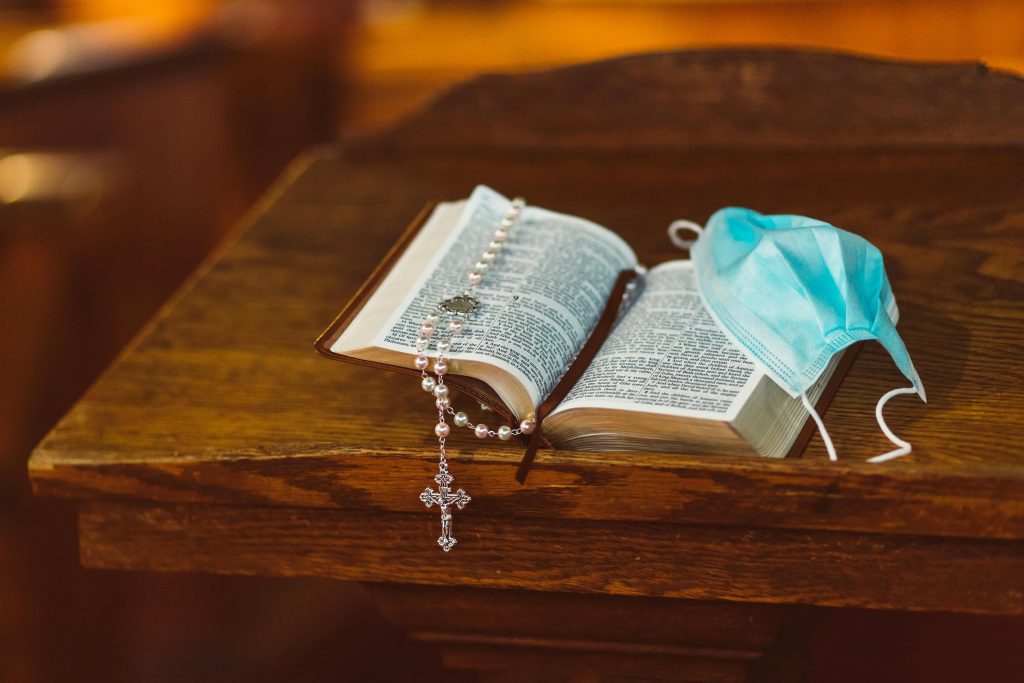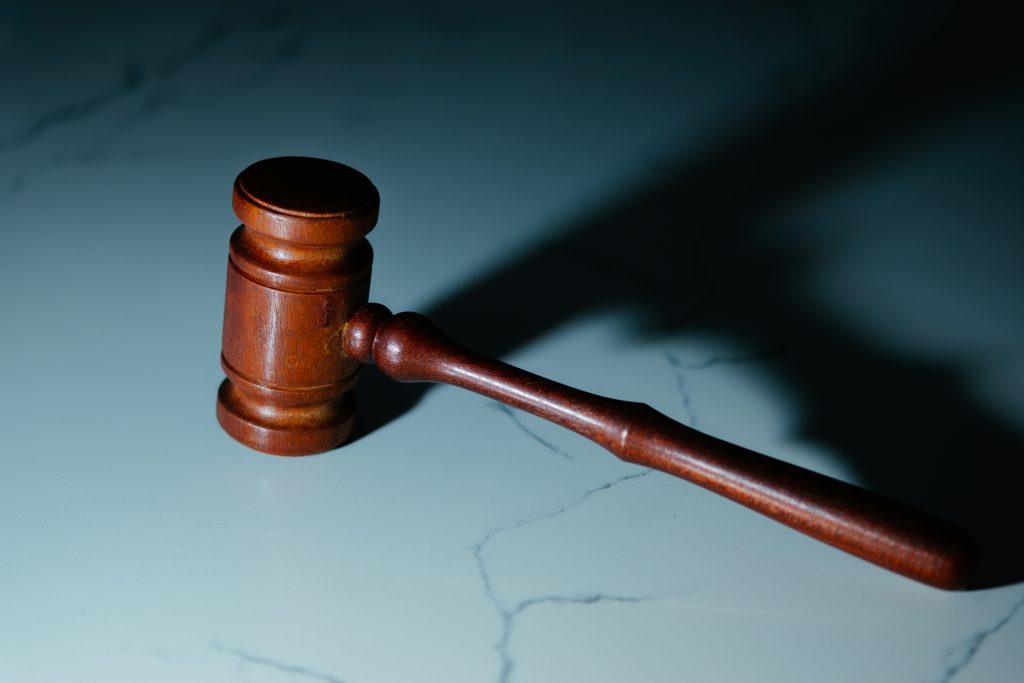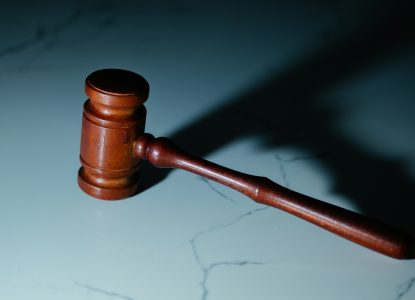By Professor Mark Hill KC, University of Notre Dame, London
Professor Hill’s remarks are being republished from the panel he participated in during the 2025 G20 Interfaith Forum in Cape Town. The complete session, entitled “C2: Focus on Religious Freedom Challenges for Africa,” can be viewed here.
– – –
Religious communities are notoriously vulnerable both to the overreach of secular government and to discriminatory and oppressive conduct by majoritarian religions. Nowhere is this more evident that in the vast and varied continent of Africa. Freedom of conscience and religion was described by a former President of the European Convention on Human Rights as one of the most vital elements that go to make up the identity of believers. But it also constitutes a “precious asset for atheists, agnostics and the unconcerned,” because “the pluralism indissociable from a democratic society depends on it”.[1] In these preliminary remarks, I intend to make three short points: one global, one national and one local.
Point One: Global
Article 18 of the Universal Declaration of Human Rights (1948) provides.
Everyone has the right to freedom of thought, conscience and religion; this right includes freedom to change his religion or belief, and freedom, either alone or in community with others and in public or private, to manifest his religion or belief in teaching, practice, worship and observance.
The right is broadly expressed, without limitation, and is both individual and associational in nature: ‘either alone or in community with others.’ It sits alongside a series of other rights: freedom of expression, freedom of association, and protection of private and family life.
The Universal Declaration does not create rights: as its name suggests, it is a declaration, declaring a bundle of inter-dependent rights which have existed throughout human history. The Declaration is augmented by the International Covenant on Civil and Political Rights (1966), Article 18(3) of which states:
Freedom to manifest one’s religion or beliefs may be subject only to such limitations as are prescribed by law and are necessary to protect public safety, order, health, or morals or the fundamental rights and freedoms of others.
It is important to note the construction and architecture of this provision. Freedom of thought, conscience and religion is absolute. No state authority can restrict what an individual or group may believe, but the freedom to manifest one’s religion or beliefs is qualified. However, the limitations which may legitimately be placed on the manifestation are extremely narrowly drawn:
- The limitation must be prescribed by law;
- Additionally, it must be necessary to protect (a) public safety, order, health or morals or (b) the fundamental rights and freedoms of others.
The burden of proving the legitimacy and therefore the lawfulness of any limitation rests with the government which imposed it. Further, the standard of proof is a very demanding one: ‘necessity’ creates a high bar.
But the recent Covid-19 pandemic seems to have had the unintended effect of lowering the bar and diluting the necessity test.
Many governments used the cloak of the Coronavirus to force through some of the most authoritarian peacetime provisions limiting the free practise of religion. Places of worship were closed, religious gatherings prohibited, and traditional rituals rendered unlawful. Governments leaned into the ‘public health’ justification, but with little regard for concepts of reasonableness and proportionality.
A couple of years ago, lawyer David Barrett led a research exercise into emergency provisions introduced in countries throughout Africa. He presented his conclusions the ACLARS conference on Law, Religion, Health and Healing in Africa convened in Cote d’Ivoire in 2021.[2] The research demonstrated convincingly that in the vast majority of cases the restrictive provisions were ultra vires and unconstitutional.

As an experienced litigator, I enquired of my colleagues, particularly those in Africa, why these draconian provisions weren’t challenged. I invariably received the same two answers: first litigation is the expensive pursuit of the wealthy elite: most ordinary people were more concerned with staying healthy and putting food in the mouths of their families than with issuing legal proceedings. Secondly, and perhaps more convincing – as a consequence of the lockdown, court buildings were closed and judges were not hearing cases.
One case which was started, and which has been declared admissible is that brought by Jan Figel against the Republic of Slovakia. It concerns anti-Covid measures taken in Slovakia by resolutions of the Cabinet, which were followed by decrees of the Public Health Authority. These included a ban on all public religious services. Figel claims this violated his rights under Article 9 of the ECHR: the interference with religious worship was not in accordance with the law (merely by implication and beyond the powers of the Cabinet and Public Health Authority), did not pursue a legitimate aim (as there was no scientific evidence for a link between the ban and the protection of public health) and was not necessary in a democratic society (since the measure was indiscriminate, and it had not been shown that less restrictive measures were insufficient).[3] I consider Figel’s case to be a strong one, and if the Strasbourg court agrees me it will establish a strong precedent to restrain governmental over-reach under the guise of global crisis.
Absent such a corrective, the greatest threat to religious freedom today is the enhanced authoritarianism of government. Experience suggests that once governments exercise draconian powers, they acquire a taste for it.
Point Two: National
In common with most African nations, the Republic of South Africa includes in its constitution the tapestry of human rights articulated in international instruments such as the Universal Declaration. But these rights – of which freedom of religion is a central component – are merely exhortatory. They are valueless unless they can be enforced by citizens. The Republic of South Africa has a troubled history, but one thing of which it can be justly proud is its Constitutional Court. Constructed on the site of a former prison where Nelson Mandela was once incarcerated, it stands as a beacon to civil liberties and democratic values. I am proud to have known several of its former justices: Albie Sachs, Tholie Madala and Edwin Cameron. Madala, like me, also served as a Judge in the Anglican ecclesiastical courts. The Constitutional Court has been robust in ensuring that the rights and freedoms of the constitution have become a lived reality for the citizens of this Rainbow Nation. Views may differ as to the outcomes of those difficult cases where seemingly conflicting rights have to be reconciled, but the independence of its judiciary and the court’s resistance to political interference is the envy of many other African nations.

As well as national courts, regional courts and tribunals now exercise a jurisdiction in the field of human rights in general and freedom of religion in particular. The European Court of Human Rights is well known, and I have already mentioned one particular case currently pending in the court. Less well known is the Inter-American Court of Human Rights, based in Costa Rica. But almost invisible in the world of freedom of religion is the African Court of Human and Peoples Rights. Under-powered and under-funded, the Court claims to be the judicial arm of the African Union. The vision of the Court – and I quote from its website – is ‘an Africa with a viable human rights culture’.[4] I think it still has some distance to travel largely, I suspect, because African governments of all political persuasions are skeptical of its jurisdiction and disinclined to implement its decisions or adopt the legal principles which it endorses or prescribes.
This is a propitious moment for funding a serious comparative study of the work of equality and human rights commissions, national, local and regional. They need to be evaluated independently, both their ways of working and their outcomes. Such a study should praise all that is good, and identify areas for review and improvement so that an enduring climate of freedom of religion can become the norm for every nation on earth.
And South Africa can lead the way with an independent judiciary and robust courts at both national and pan-national levels which can truly promote and embed a human rights culture – with freedom of religion front and centre – whereby religious minorities can no longer feel vulnerable but can thrive as integral and valued element of civil society.
Point Three: Local
But we can’t leave it to the judges to do all the heavy lifting. Our biggest problem concerns religious illiteracy, which is all-pervasive in government – national and local, in the civil service, in schools and universities, and in the workplace – public and private. We no longer have an understanding of the doctrines and beliefs and practices of diverse religions. Ignorance breeds misunderstandings. And misunderstandings breed discrimination and hatred. We need to speak to each other, openly and honestly, and with a spirit of humility and generosity. At a local level, community resolutions are readily achievable. Reasonable accommodation can be offered and accepted when a spirit of trust and respect prevails. This is what I understand by “Ubuntu in Action,” the exciting theme of this conference.
Religious organisations – even majoritarian religions – are powerless against governments – particularly those with an enhanced authoritarianism since having got away with passing unconstitutional emergency measures during the Coronavirus pandemic. But acting together and collaboratively they can become a force to be reckoned with. I look forward to hearing testimony from at least some of my fellow panellists with good news stories of collective action by people of faith witnessing to the conversion of high-vaulted academic theorising of freedom of religion into a lived reality for the weak, the impoverished, and the left-behind. We need both macro- and micro- solutions to the challenges that face us.
[1] Sir Nicolas Bratza, ‘The Precious Asset: Freedom of Religion Under the European Convention on Human Rights’ (2012) 14 Ecc LJ 256-271.
[2] See C G Green et al (eds), Law, Religion, Health and Healing in Africa (SunMedia, South Africa, 2022).
[3] Jan Figel v Slovakia, Application No. 12131/21, lodged on 24 February 2021, communicated on 12 December 2022.
[4] https://www.african-court.org/wpafc/basic-information/
– – –
Mark Hill KC is Distinguished Global Professor at the University of Notre Dame, London and Extraordinary Professor at the University of Pretoria. He is Vice-President of the International Consortium for Law and Religion Studies, and a founder Board Member of the African Consortium for Law and Religion Studies. His publications include Human Dignity, Religion and the Law (2025), Islam, Religious Liberty and Constitutionalism in Europe (2024), Religion, Law and Security enhanced (2018), Magna Carta, Religion and the Rule of Law (2015). His is co-editor of the Routledge Handbook of Freedom of Religion or Belief (2020). He practises at the Bar in London and has conducted litigation concerning religious liberty in the UK Supreme Court and the European Court of Human Rights.


